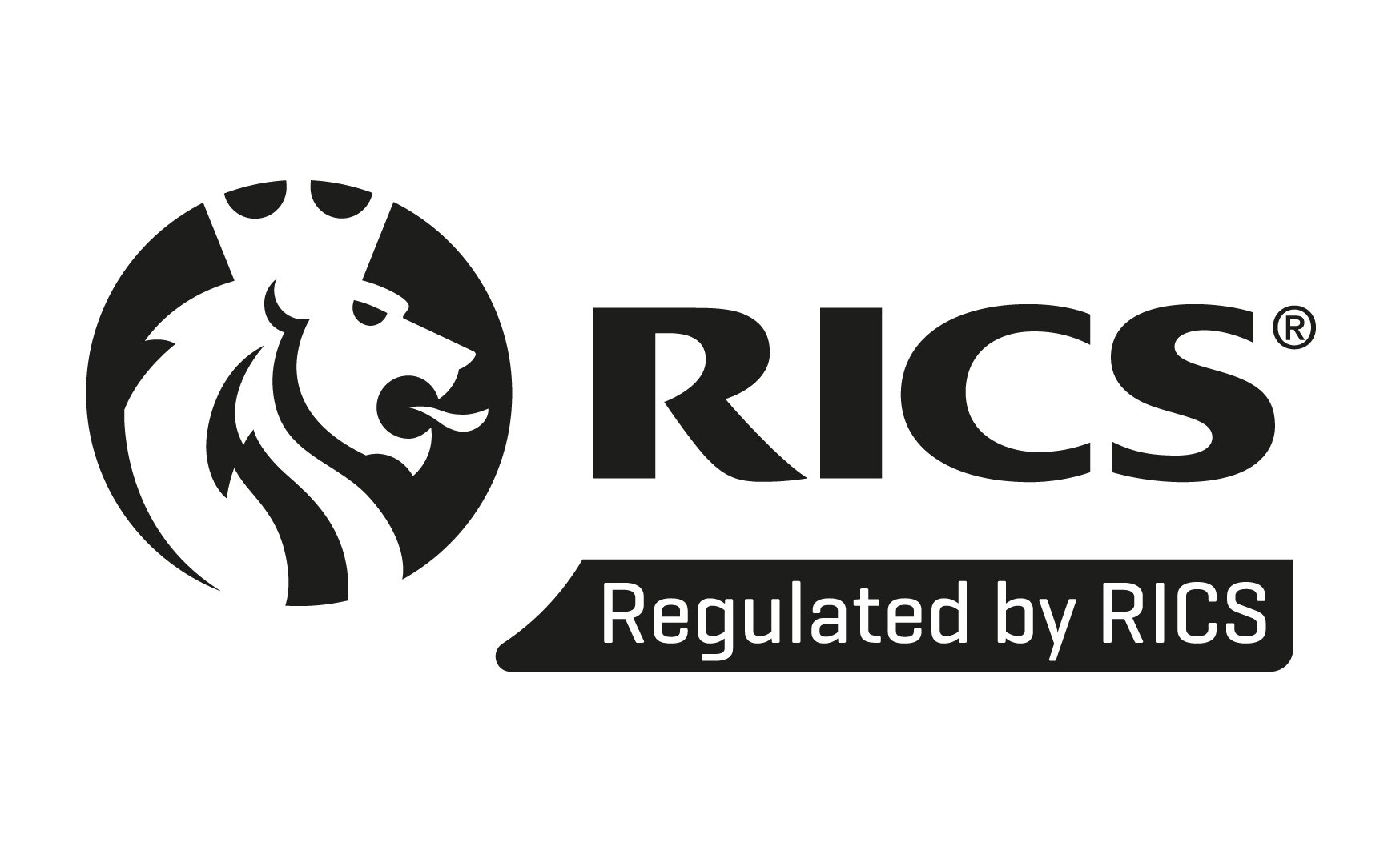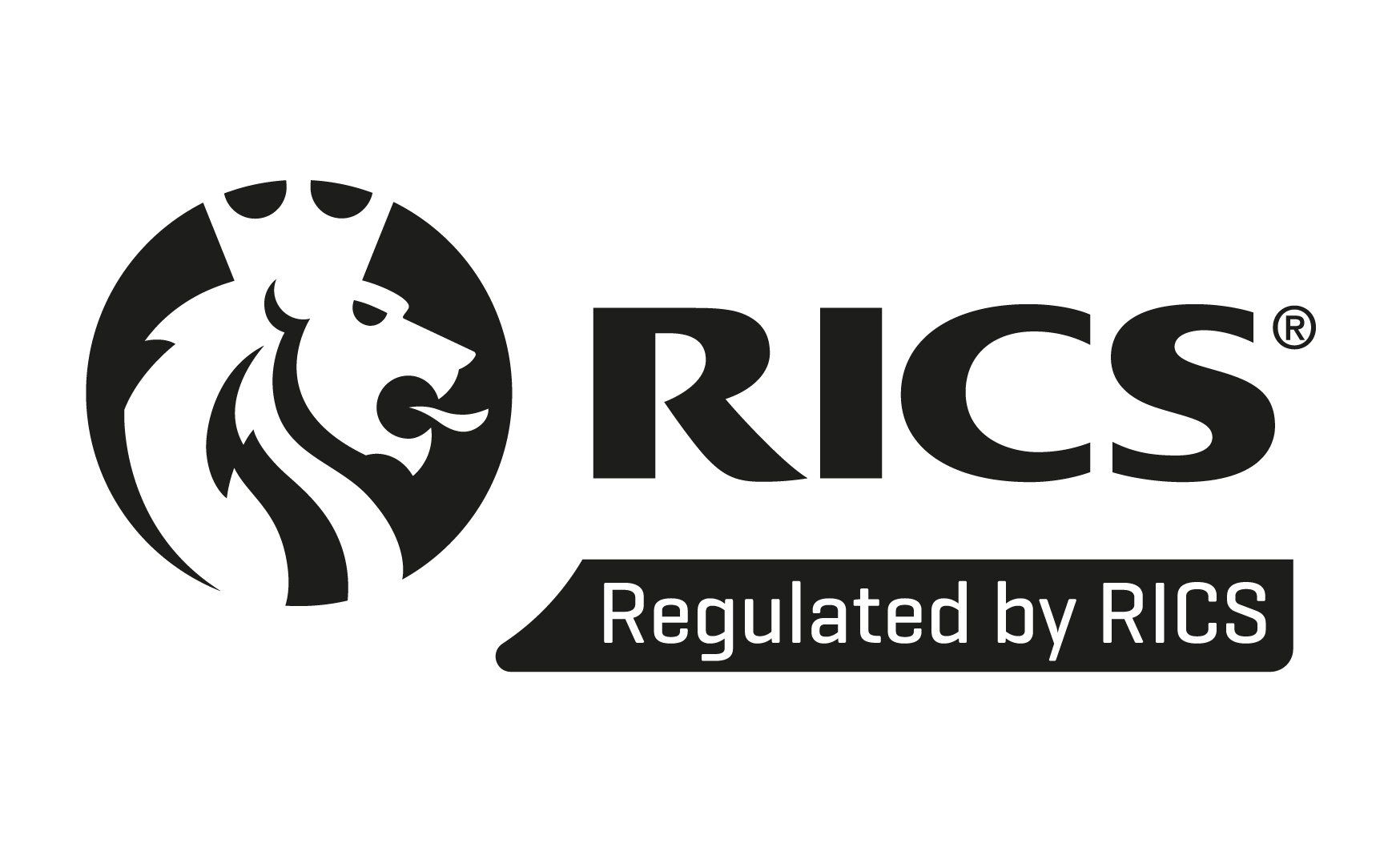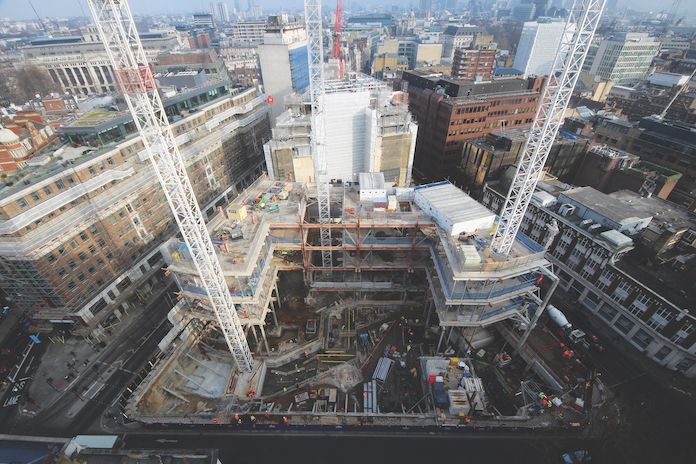What is the difference between Litigation and ADR?
What is the difference between Litigation and ADR?
Just like coffee beans, not all processes are the same!
Litigation
Litigation – where a litigant takes his case to the courts for a judge to make a decision – occurs in virtually every jurisdiction. That decision is based on the law and, in the UK, case-precedent. It is a very formal process and conducted in public.
The judgment will be binding on the parties, subject to rights of appeal. The outcome cannot be predicted with any certainty and can depend entirely upon an individual judge’s interpretation of a statute and the evidence presented. The decision will be based upon legal rights and obligations. Inevitably, litigation is expensive, not just in monetary terms but also in terms of time – cases can take many years to reach court – and the stress associated with legal action.
Litigation provides certainty but takes no account of the emotional/psychological needs of the parties nor does it have a future-oriented focus. It can be critically damaging in terms of relationships. Conversely, litigation is the only method by which the law can be developed and ensures that the rights of the individual are protected.
ADR
The most common definition of ADR is Alternative Dispute Resolution. Another is Appropriate Dispute Resolution. Although some cynics have renamed it Another Disappointing Result or even Another Damn Rip-Off!
Negotiation
This is easily the most common type of dispute resolution, carried out in many forms every day by just about everybody all around the world. It is where the parties themselves attempt to settle their differences informally and directly.
Mediation
Mediation is the next step on from negotiation. When parties cannot resolve their differences through direct negotiation, they will often involve a third party to help them in their negotiations - to try and mediate. The aim of the mediator is to bring about a resolution acceptable to both parties; a solution that they are able to live with. It is therefore arguable that mediation is not the recent phenomenon many believe it to be but a practice that has been occurring since time immemorial.
The mediator is the third-party, treating everyone fairly and encouraging constructive communication between the parties in order to achieve a realistic, workable agreement that represents a win/win outcome for both. Mediation is an informal, confidential process that is able to deal with a wide variety of issues. It explores the feelings of the parties and their underlying interests. Unlike litigation, it focuses on the future and is not concerned with establishing rights with reference to events in the past.
Mediation allows people to communicate. It explores parties’ feelings and it allows the parties to participate fully in the making of decisions about how to resolve the dispute.
It is private and non-binding, although the agreement reached by the parties can become a legally binding contract if required.
Conciliation
Conciliation is like mediation in many aspects. The conciliator meets parties in an attempt to resolve their differences. Unlike mediation, however, this usually happens separately: parties seldom or ever meet with each other in the same room. The conciliator will, like a mediator, use their skills to lower tensions, improve communication, identify the key issues, explore potential solutions, and help the parties to a negotiated settlement.
Another difference between mediation and conciliation is that the conciliator will try to conciliate by seeking concessions from the parties. In mediation the mediator tries to guide the discussions in a way that optimises parties’ needs, taking feelings into account and reframing the parties’ statements.
Unlike a mediator, a conciliator may provide technical assistance. Another very significant difference is that a conciliator has expert knowledge of the type of dispute that they conciliate. They can make suggestions and give advice. In some types of dispute, the conciliator even has a duty to provide legal information. In contrast, a mediator does not have an advisory role. The mediator will try to help the parties reach a better understanding of each other and to find their own solution that is practical, realistic and does not represent a loss for either side.
Conciliation differs from arbitration in that the conciliator usually has no authority to seek evidence or call witnesses. Conciliators do not usually make a decision or write an award.
Dispute Review Boards
A dispute board or dispute review board (DRB) or dispute adjudication board (DAB) typically comprises three independent and impartial people who are chosen by the parties. Construction contracts, for example, might include a DRB clause.
The DRB is appointed at the start of a project before any disputes arise and is actively involved throughout the project, and even for an agreed period afterwards. A DRB can influence the performance of the parties during the period of the contract. A great advantage is that they can be called upon at a very early stage to settle any dispute the parties are unable to resolve. Usually, if the DRB’s decision is not accepted by the parties, then the matter can still be referred to arbitration or the courts.
Neutral Evaluation
This is another hybrid process that lies between an arbitration and a mediation. It is a private and non-binding technique where a third party neutral (often legally qualified) gives an opinion on the likely outcome at trial as a basis for settlement discussions. The parties to the dispute voluntarily sit down with a neutral evaluator and present their case as they would in an arbitration. The neutral then gives an advisory decision, which is essentially a prediction of the outcome they would expect a judge to reach.
Ombudsman Schemes
Ombudsman schemes proliferate in the UK. The aim of the schemes is to resolve disputes with particular organisations or about particular services. For some disputes you have to try the ombudsman scheme before you are allowed to bring a court claim. Some ombudsman schemes expect you to follow a formal complaints procedure before they are prepared to help. They hear disputes direct from the public, are independent and impartial, and conduct their investigations in private.
Some examples of ombudsman schemes include:
· Financial Ombudsman Service;
· Housing Ombudsman Service;
· Pensions Ombudsman;
· and Local Government Ombudsman
The ombudsman’s decision is usually accepted although there are some services which do allow a case to subsequently go to court.
Adjudication
Adjudication is the legal process by which a neutral person reviews the arguments, which may include legal arguments, presented to them by the parties. The adjudicator will reach a decision determining the rights and obligations of the parties.
The most common types of dispute referred to adjudication are those arising under construction contracts that fall within the detailed definition contained in the Housing Grants, Construction and Regeneration Act of 1996. The decision of an adjudicator is binding on the parties, at least until a further process is invoked; e.g., arbitration or litigation.
Arbitration
Arbitration is a process, subject to statutory controls, whereby formal disputes are determined by a private tribunal of the parties’ choosing. It is a legal way of resolving disputes outside the courts. The decision (‘award’) of the arbitrator is imposed on the parties and is legally binding on both sides. The arbitrator is either agreed by the parties or can be nominated by an agreed professional institution such as CIArb.
Arbitration is voluntary because the parties to a contract have agreed to an arbitration clause. Once they have so agreed, either party may insist on arbitration, and in that sense, it is mandatory. Arbitration is almost invariably binding in its effect.
If you require any further support for any construction related claims, please do contact us at Veritas Surveying Manchester. Our trained team of Quantity Surveyors and Claims consultants are here to help.




